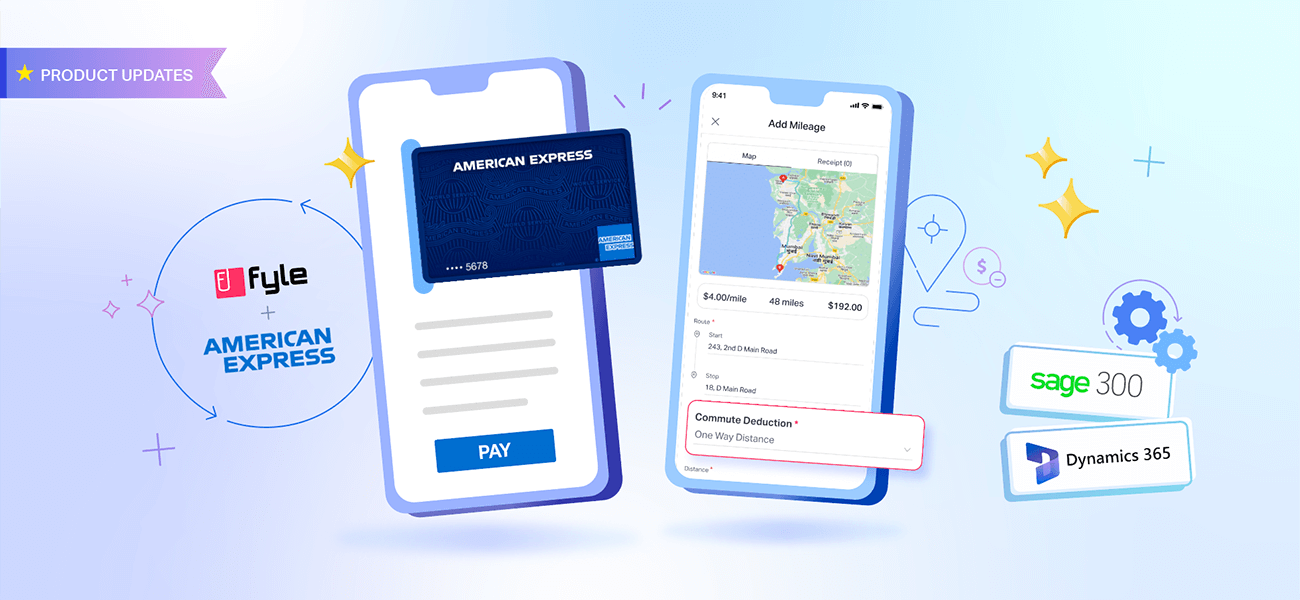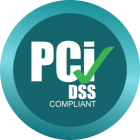Non-profits started shortly after the founding of America. During colonial times, it was churches and very early non-profit organisations that formed the foundation of the country's social structure. Since that time, non-profits have grown and diversified, but they continue to have an immense impact on society.
It is because of that impact, that non-profit expense reimbursement guidelines are very regulated with the IRS. This makes it crucial for non-profits to be aware of the expense reimbursements and IRS best practices. Plus, the IRS has a minimal scope to give non-profits leeway.
If you have a non-profit or just work for one, you should follow all IRS financial guidelines. These guidelines come into play when dealing with things like mileage and meals while traveling. This guide intends to impart some helpful tips on making sure you are always in compliance with the IRS and nonprofit expense guidelines.
Non-profit Expense Reimbursement Guidelines
It doesn't matter if you work for a small company or a major non-profit; if the entities are smart, they most likely use a travel expense reimbursement plan. The reimbursement plan serves two purposes. The first purpose is to ensure no employees or volunteers go unreimbursed. The second purpose is to follow the IRS reimbursement guidelines.
An accountable expense reimbursement plan allows for reimbursements for all business-related expenses. With this in hand, employees and volunteers can be reimbursed for business-related expenses without incurring any payroll taxes.
How to Create an Accountable Plan For Expense Reimbursements?
As a non-profit, you're asking for some serious trouble if you do not comply with the IRS. The IRS holds that reimbursements for non-profits should be made under an accountable plan. If non-profits want to qualify their reimbursements for expenses under the IRS accountable plan definition, they have to keep the following in mind:
- The employee or volunteer has a limited time window to account for the expense, which is within 60 days of incurring the expense.
- The expense must be related to your nonprofit's purpose or mission.
- If an employee or volunteer receives any excess reimbursement for their expense, they need to return it to the nonprofit. They need to do so, no more than 120 days after receipt.
The rules were set in motion by the IRS to prevent fraud. The rule applies to volunteers, directors, and employees to reduce reimbursements on phony expenses.
SUGGESTED READ:
How to achieve faster reimbursement for travel expense reports?
An Accountable Plan Brings You Three Great Benefits
The IRS doesn't require nonprofits to put their accountable plan in writing. Although it would be great if all non-profits did. Many nonprofits reimburse their directors and key employees for work-related expenses.
The methods non-profits use to pay reimbursed expenses are:
- Payment advances
- Nonprofit credit card
- Direct billing to the non-profit
- Direct reimbursement to the employee, or volunteer
By following IRS guidelines on reimbursement for expenses, there is a side bonus. The best practices your non-profit uses allow them to receive three great benefits.
It’s vital to have proper records for expenses to be reimbursed under an accountable plan. There are times a non-profit will have an accountable plan, and it's not followed. This may be because the volunteers, employees, or directors may not abide by the defined parameters of the plan.
If you do keep good records, the benefits you avail are:
- Any reimbursement you make that follows the accountable plan doesn't have to pay payroll taxes on the payments
- If you follow the accountable plan, you don't have to report the payments to the IRS
- The volunteer, employee, or director doesn't have to include the payments in their taxable income
Misclassifying Reimbursement Payments
A non-profit organisation is only as good as its mission, efforts, volunteers, and actions. An accounting error can lead to misclassifying reimbursement payments. When this reimbursement error is intentional, the end result isn't good.
Most of the time, they're opening up Pandora's box of negative consequences. It can happen when they don't provide receipts or backup documentation about their expenses. It’s fraudulent when they don’t return any excess money from a cash advance upon returning from a meeting or event.
As a non-profit, the integrity bar is set high, and any of those things can bring you IRS scrutiny. Also, the reimbursement becomes taxable.
The Non-profit Reimbursement Rate for Mileage and Other Travel Expenses
In 2019, the IRS released a report that states non-profit business mileage can be reimbursed at .58 cents per mile. Also, for miles driven while helping a non-profit you can reimburse .14 cents per mile. Under the Tax Cuts and Jobs Act, non-profits can no longer deduct any unreimbursed employee travel expenses.
Note: Most non-profits require original receipts or invoices. The invoices should include the name and address of the vendor when asking for reimbursement. This allows nonprofits to stay in compliance with IRS financial rules.
Update:
2020 guidelines for a nonprofit reimbursement policy
Your guide to 2020 IRS mileage rate
Best Practices for Nonprofit Expense Reimbursement
The only thing a non-profit should be worried about is growing its donor base. This allows them to help more people through their cause and mission objectives. The one thing a non-profit should never be worried about is the mistakes they've made in their financial record-keeping.
Fyle is an automated expense management software that can meet your travel expense reimbursement needs. Time, money, and wasted effort can be saved by using a software that does all the heavy lifting for you in your nonprofit's accountable plan.
With us, receipts can be uploaded on the go, and the software can help ease your nonprofit's financial record-keeping burden. Additionally, it helps stay compliant with the non-profit expense reimbursement guidelines.
If you want to make your day-to-day operations more streamlined, schedule a demo today! We’ll help you get real-time updates for reimbursable billing and do it all well within your non-profit budget.











